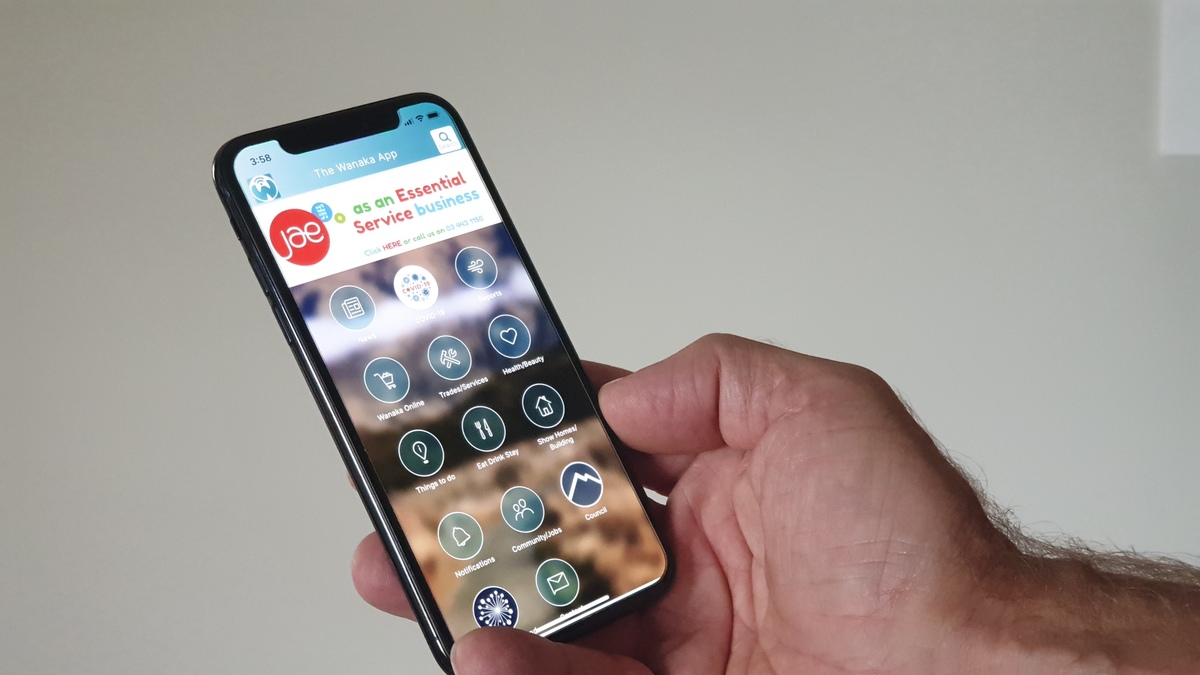State of national emergency declared
Diana Cocks
25 March 2020, 2:50 AM
 A nationwide emergency mobile alert message will be issued tonight between 6:00- 7:00pm.
A nationwide emergency mobile alert message will be issued tonight between 6:00- 7:00pm.Today (Wednesday March 25) the government formally declared a state of national emergency as the country moves towards alert level four in response to the COVID-19 pandemic.
“The state of national emergency has been declared because of the unprecedented nature of this global pandemic and to ensure the government has all the powers it needs to slow the spread of COVID-19 and reduce its impact,” director-general of civil defence emergency management Sarah Stuart-Black said.
Enacting a state of national emergency ensures New Zealand's civil defence management organisation has the legislative means to direct and coordinate personnel, materiel and other resources as well as providing access to enforcement powers, not normally available, but which might be needed to stop the spread of COVID-19.
“We expect the civil defence emergency management powers to be used to slow the spread of COVID-19, reduce its impact and manage the consequences,” Sarah said.
Some of these powers included the ability to requisition essential supplies, such as the conservation of fuel, closing of roads, stopping people doing activities that may contribute to the emergency, excluding people from places and prohibiting or regulating traffic.
The state of national emergency applies to all of New Zealand, including the Chathams, Stewart Island and other offshore islands.
Sarah also announced a nationwide emergency mobile alert would be issued today between 6:00-7:00pm which will reinforce the message of isolation and staying at home.
The state of national emergency will be in place for seven days but that duration can be renewed for additional days if required, she said.
Alert level four, which will be enacted at 11.59pm tonight, means the public must stay home except for essential trips to the supermarket or pharmacy or for exercise. If people stay home, the opportunities for the spread of community transmission of COVID-19 will be reduced.
“The move to level 4 is significant... and will add anxiety,” Sarah said, “but we’re just talking about hanging out at home, and you’ve still got a TV, and you’ve still got water out of the tap, and you’ve got the things in your cupboard.”
“We’re really hoping that people have heard the messages and understand how important it is to self-isolate,” she said. “People need to be deliberate about trips they do away from home, for instance to the supermarket, and not just taking trips “to mooch”.”
The police force has the power to enforce compliance and if they needed to access additional support through the military they would be able to do that, she said.
Most New Zealanders will stay at home because that’s the safest place to be and the powers of enforced compliance will not be needed but “there will be no tolerance of people who do not comply with the requirement to self isolate,” Sarah said.




